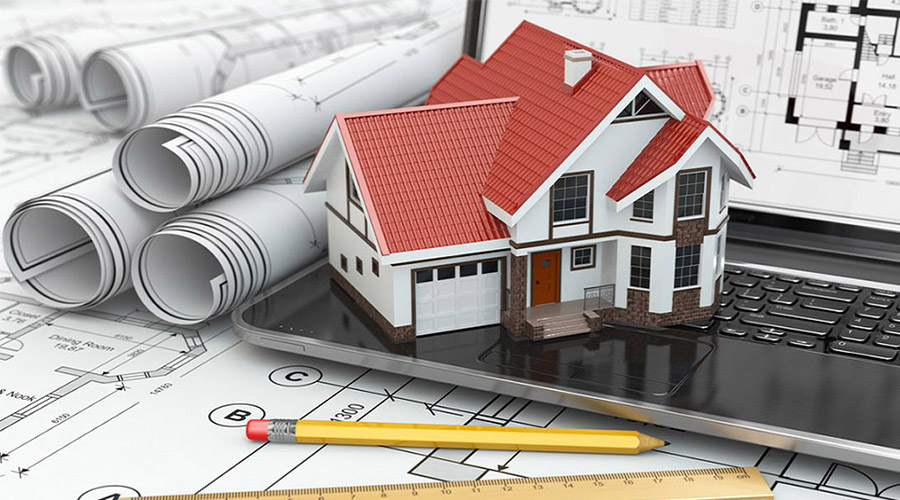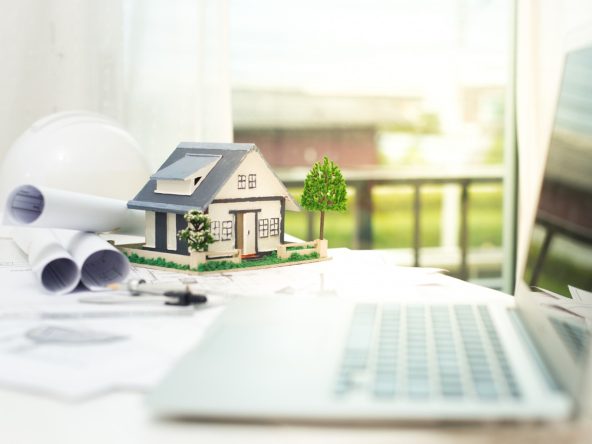Property development is a complex and multi-faceted process that involves the acquisition, planning, design, construction, marketing, and sale or lease of a property. Property development can range from small-scale residential renovations to large-scale commercial developments, and requires a diverse set of skills and knowledge to execute successfully. In this article, we will discuss the various stages of property development and the key factors that contribute to its success.
Market Research and Feasibility Study
Before embarking on a property development project, it is essential to conduct market research and a feasibility study. This involves analyzing the local property market to determine demand for the type of property being developed, as well as assessing the financial viability of the project. The feasibility study should consider factors such as the cost of land, construction costs, financing options, and potential returns on investment.
Site Acquisition
Once the feasibility study has been completed, the next step is to acquire a suitable site for development. This may involve purchasing land, acquiring an existing property for renovation, or securing a leasehold interest in a property. Site acquisition requires careful consideration of factors such as location, accessibility, zoning regulations, and the potential for future development.
Planning and Design
The planning and design stage of property development involves creating a vision for the development and translating that vision into a detailed plan. This includes developing a site plan, floor plans, and elevations that reflect the desired aesthetic and functional goals of the development. It also involves obtaining necessary permits and approvals from local authorities.
Financing
Financing is a crucial aspect of property development. Developers may obtain financing from a variety of sources, including banks, private investors, and institutional lenders. The financing structure should be carefully planned to ensure that the project is adequately funded, and that there is a clear plan for repayment of the debt.
Construction
The construction phase of property development involves the actual building of the property. This includes site preparation, foundation work, framing, electrical, plumbing, HVAC, and other systems. It is essential to work with a reputable construction company that has experience in the type of development being undertaken, and to ensure that the construction process is carefully managed to minimize delays and cost overruns.
Marketing and Sales/Leasing
Once the property has been built, it is time to market and sell or lease the units. This involves creating a marketing plan that targets the intended audience and includes tactics such as advertising, promotions, and public relations. It also involves working with real estate agents or brokers to market the property and secure tenants or buyers.
Property Management
Property management is an ongoing process that involves maintaining and operating the property to maximize returns on investment. This includes managing tenant relationships, maintaining the property, and ensuring that it remains competitive in the market. Property management is an essential aspect of property development as it ensures that the property remains profitable over the long term.
Factors That Contribute to the Success of Property Development
Location
Location is a critical factor in the success of property development. A property located in a desirable area with good transportation links, amenities, and attractive surroundings is likely to be more successful than one in a less desirable location. Developers should carefully consider the location of the property and ensure that it is in line with the intended audience.
Market Demand
Market demand is another critical factor in the success of property development. Developers should conduct market research to determine the demand for the type of property being developed and ensure that it is in line with the intended audience. Developing a property that is in high demand can help ensure its success in the market.
Financial Viability
Financial viability is essential in property development. Developers should carefully consider the cost of land, construction costs, financing options, and potential returns on investment. It is essential to have a clear understanding of the financial implications of the project and to develop a realistic budget and financial plan.
Project Management: Project management is critical in property development. A successful development requires careful planning, organization, and management to ensure that the project is completed on time, within budget, and to the desired quality standards. Effective project management involves selecting a capable team of professionals, setting realistic project goals and timelines, and maintaining clear communication throughout the development process.
Design and Quality: The design and quality of the property are essential factors in its success. The property should be designed to meet the needs of the intended audience and should be aesthetically pleasing and functional. Additionally, the property should be constructed using high-quality materials and workmanship to ensure its longevity and durability.
Sustainable Development: Sustainability is an increasingly important consideration in property development. Developers should consider the environmental impact of their projects and implement sustainable design and construction practices wherever possible. Sustainable development can not only reduce the environmental impact of the project but can also provide cost savings over the long term.
Legal and Regulatory Compliance: Legal and regulatory compliance is a critical aspect of property development. Developers must comply with a range of laws and regulations, including zoning, building codes, environmental regulations, and tax laws. Failure to comply with these regulations can result in significant fines and delays in the project.
Benefits of Property Development
Profitability: Property development can be a profitable investment opportunity. Successful property developments can generate significant returns on investment, both through rental income and capital appreciation.
Diversification: Property development can provide diversification to a portfolio of investments. Property investments are not typically correlated with other asset classes, such as stocks and bonds, which can provide a level of protection against market volatility.
Tangible Asset: Property development involves the creation of a tangible asset that can be leased, sold, or used as collateral for financing. This provides a level of security that is not available with some other investment vehicles.
Control: Property development provides investors with a level of control over their investment. Investors can choose the type of property they wish to develop, the location, and the level of involvement in the development process.
Tax Benefits: Property development can offer significant tax benefits, including deductions for interest expenses, property taxes, and depreciation.
Challenges of Property Development
High Capital Requirements: Property development typically requires significant capital investment. This can be a significant barrier to entry for many investors, particularly those with limited financial resources.
Risk: Property development involves significant risk. A project may fail to generate the expected returns due to factors such as market conditions, construction delays, or cost overruns. Additionally, the property may not attract tenants or buyers, which can result in a significant loss of revenue.
Complex Process: Property development is a complex and multi-faceted process that requires a diverse set of skills and knowledge to execute successfully. Investors must be prepared to invest significant time and effort into the development process, or hire professionals to manage the project.
Legal and Regulatory Compliance: As mentioned earlier, legal and regulatory compliance is a critical aspect of property development. Developers must comply with a range of laws and regulations, which can be complex and time-consuming to navigate.
Conclusion
Property development can be a profitable and rewarding investment opportunity for those willing to invest the necessary time, effort, and resources. Successful property development requires careful planning, management, and execution, as well as an understanding of the various factors that contribute to its success. While there are challenges and risks involved in property development, the potential rewards can make it a worthwhile investment for those with the financial resources and expertise to undertake the process.
Written by
Chinedu Obikwelu
info@fbgestate.com




